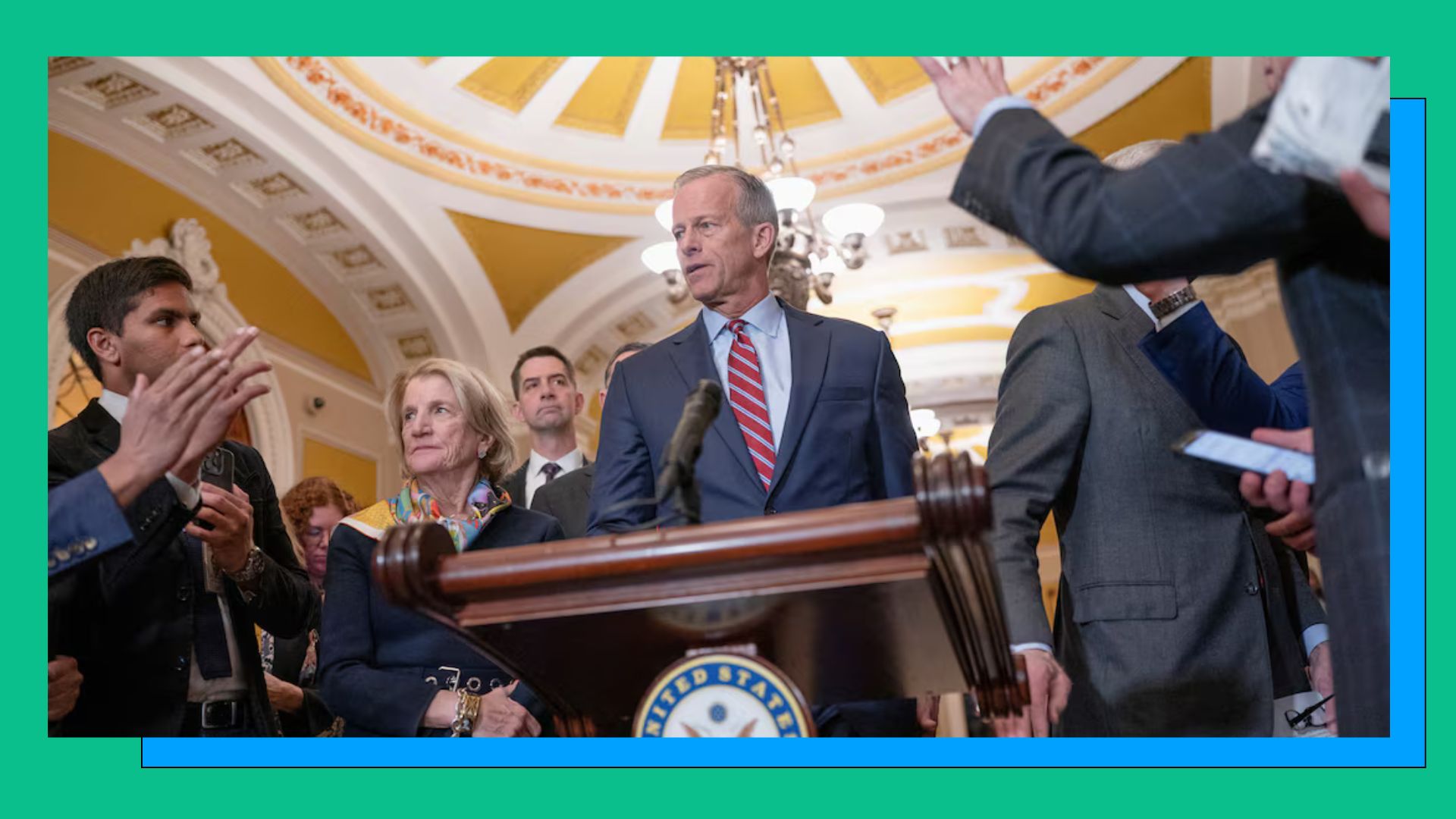As President Donald Trump pushes to revive and expand his signature tax cuts, House Republicans are facing internal rifts that threaten to derail the sweeping legislation—one that could reshape U.S. fiscal policy for years and add trillions to the national debt.
The proposal, which will be debated publicly this week, seeks to extend Trump-era tax cuts and introduce new breaks aimed at lower- and middle-income Americans, including deductions for tipped wages, overtime, car loan interest, and seniors. But the plan comes at a steep price: an estimated $3.72 trillion over the next decade, according to Congress’ bipartisan Joint Tax Committee.
To offset the cost, Republicans propose canceling green energy initiatives launched under President Joe Biden, slashing safety-net programs like Medicaid and SNAP, and trimming university endowment tax exemptions. The bill also increases spending in key conservative priority areas like national defense and border security.
House Speaker Mike Johnson is pushing for quick passage before Memorial Day, but party unity remains elusive. Fiscal conservatives argue the bill lacks sufficient spending cuts, while Republicans from high-tax coastal states demand relief from the $30,000 cap on state and local tax deductions.
Some lawmakers warn the bill could alienate voters who helped secure Trump’s return to office and handed Republicans a slim 220-213 House majority. “This bill needs to deliver on campaign promises without losing the support of our base,” said Rep. Kevin Hern, who champions the tax breaks as “essential.”
The legislation also targets institutions Trump has often criticized. Universities face higher endowment taxes, and incentives for electric vehicles and renewable energy would be cut. It also proposes restricting access to tax benefits and healthcare for many immigrants.
Meanwhile, Democrats are preparing for a fierce defense of Medicaid, which covers 71 million people. Under the GOP plan, tightened eligibility rules and work requirements could reduce spending by $715 billion—removing nearly 7.7 million people from the program, according to the Congressional Budget Office.
SNAP benefits, which support 41 million Americans, are also on the chopping block. Republicans propose adding work requirements and shifting costs to states—measures expected to save $230 billion but reduce overall enrollment.
With the 2026 midterm elections looming and control of Congress on the line, the GOP faces a high-stakes balancing act: fulfilling Trump’s campaign promises without fracturing its fragile coalition.












